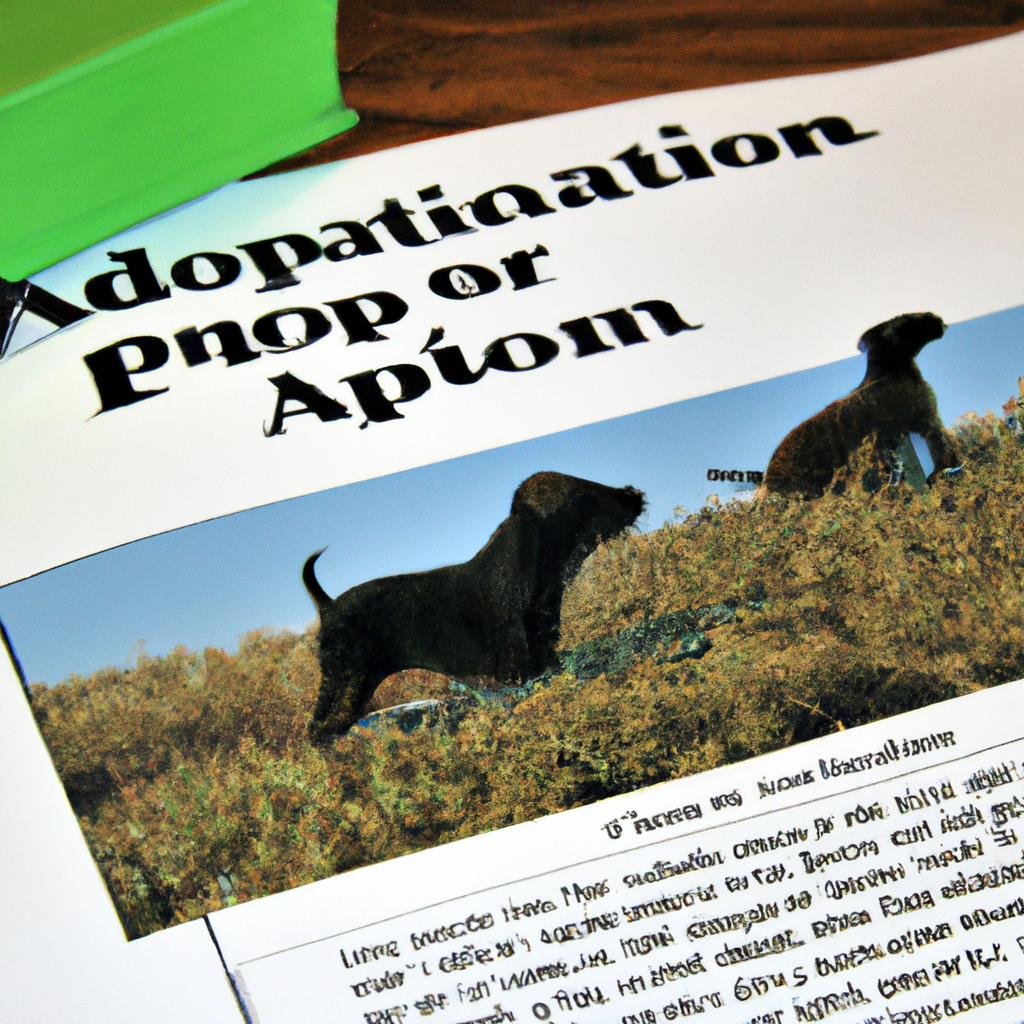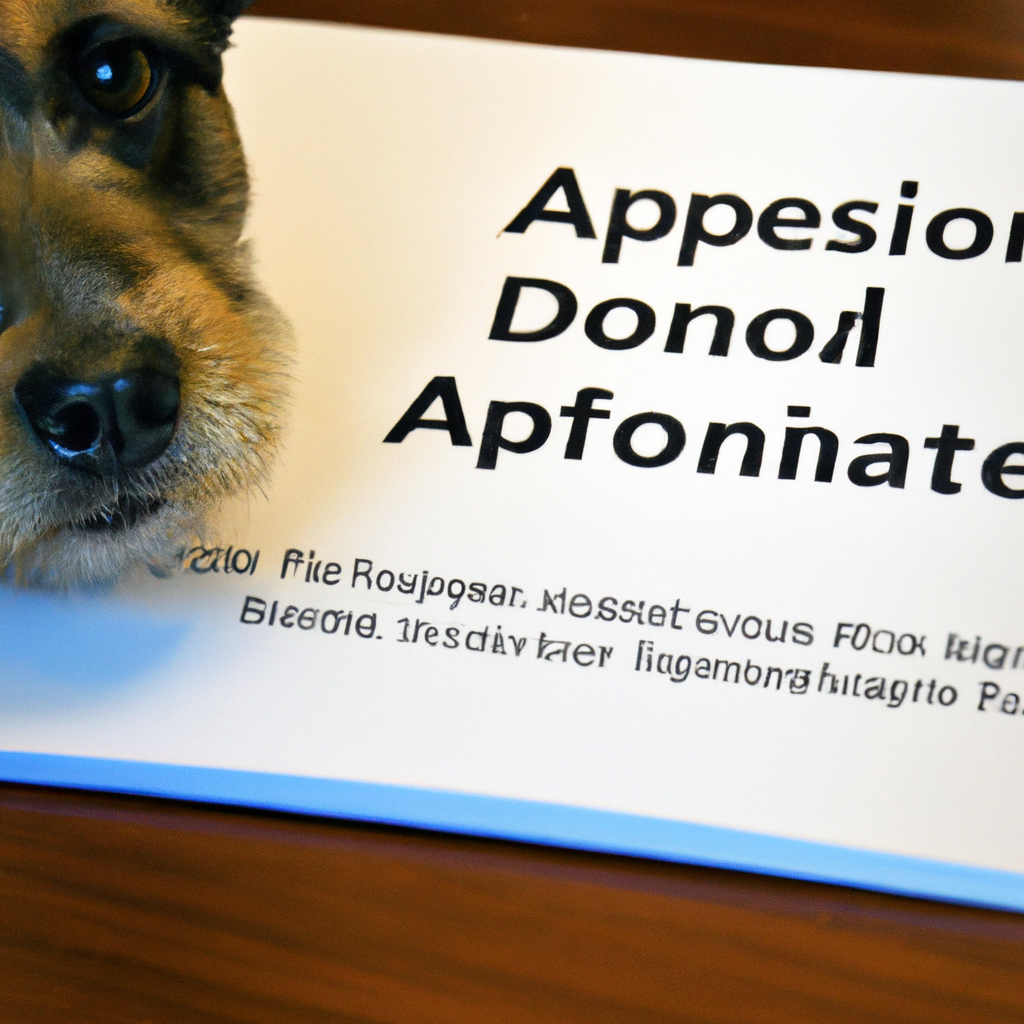The Role of Dog Adoption in Environmental Conservation Efforts
The Role of Dog Adoption in Environmental Conservation Efforts Introduction In recent years, there has been an increasing emphasis

The Role of Dog Adoption in Environmental Conservation Efforts
Introduction
In recent years, there has been an increasing emphasis on environmental conservation efforts worldwide. As awareness grows about the need to protect our planet’s natural resources, many individuals are taking active steps towards sustainable living. One often overlooked aspect of conservation is the role of dog adoption in reducing our environmental impact. Adopting a rescue dog can have numerous positive effects on the environment, making it an excellent choice for those looking to combine their love for animals with their passion for conservation.
Reducing the Carbon Pawprint
It’s no secret that dogs are a popular choice for companion animals. However, the breeding and production of pet dogs can have a significant carbon footprint. According to research, a single dog can have an ecological footprint equal to that of a car. The resources consumed in breeding, transportation, and pet supply production all contribute to the environmental impact. By adopting a rescue dog, individuals can help reduce the demand for commercially bred puppies, ultimately mitigating the environmental effects associated with the dog breeding industry.
Limiting Overpopulation
Animal overpopulation is another significant concern that affects both animal welfare and the environment. Shelters are often overcrowded, resulting in the euthanization of millions of healthy animals every year. Additionally, homeless pets can pose a threat to local ecosystems when they become feral and disrupt the natural balance. By adopting a rescue dog, not only are you providing a loving home for an animal in need, but you’re also contributing to reducing overpopulation and the risks associated with it.
Promoting Sustainable Practices
Adopting a rescue dog can go hand-in-hand with promoting sustainable practices. Many shelter dogs are already spayed or neutered before adoption, which plays a vital role in curbing overpopulation. Additionally, shelters often focus on animal welfare and veterinary care, ensuring that the adopted dogs are healthy and up-to-date on vaccinations. By choosing adoption, individuals also support the work done by animal shelters and rescue organizations, encouraging sustainable practices in animal welfare.
Conclusion
Conserving the environment is a collective effort, and every action matters, no matter how small. Adopting a rescue dog not only provides a forever home for an animal in need but also contributes to environmental conservation. By reducing the carbon pawprint, limiting overpopulation, and promoting sustainable practices, dog adoption plays a crucial role in minimizing our impact on the planet. So, if you’re looking to make a positive difference in both the lives of animals and the environment, consider adopting a rescue dog and become part of the solution.






